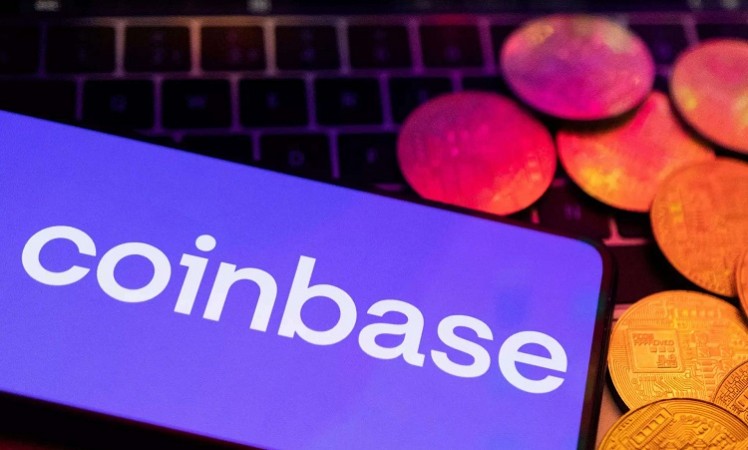
Coinbase, the US-based cryptocurrency exchange, has recently announced its decision to discontinue its services for Indian users. This move follows increased regulatory scrutiny in both India and the United States. Here's what Indian customers need to know and do:
Coinbase to Halt Services in India
Coinbase has officially declared that it will terminate its services in India after September 25. In light of this development, the company has urged its customers to initiate the withdrawal of their funds from their Coinbase accounts.
Options for Indian Customers
For Indian customers currently using Coinbase, there are several options to consider:
Withdraw Funds: The primary recommendation from Coinbase is to promptly withdraw all funds from the exchange. This option allows customers to exit their crypto positions entirely.
Transfer to Other Exchanges: Customers who wish to continue their crypto investments can explore the possibility of linking their Coinbase account to alternative crypto exchanges that remain operational in India. By doing so, they can transfer their funds to these exchanges and continue their trading activities.
The Path to This Decision
To understand how Coinbase arrived at this point, it's essential to revisit recent events:
Coinbase's India Launch: In the previous year, Coinbase's founder, Brian Armstrong, made an official visit to India to inaugurate the exchange's services in the country. During this visit, he announced that Indian crypto users could deposit funds using the Unified Payment Interface (UPI).
NPCI's Response: This announcement triggered a swift response from the National Payments Corporation of India (NPCI). In a formal statement, NPCI expressed its lack of awareness regarding the authorization of UPI for cryptocurrency exchanges, stating, "We are not aware of any crypto exchange using UPI."
It's noteworthy that following this development, UPI deposits were suspended across all crypto exchanges operating in India, not solely Coinbase.
'Informal Pressure' and the 'Shadow Ban': Brian Armstrong discussed these challenges during his company's Q1 FY22 earnings call. He revealed that Coinbase faced "informal pressure" from the Reserve Bank of India (RBI), which compelled them to disable UPI deposits.
Armstrong elaborated, "So a few days after launching, we ended up disabling UPI because of some informal pressure from the Reserve Bank of India, which is kind of the Treasury equivalent there." He emphasized that India's crypto landscape is unique, marked by a mixed response from regulators, policymakers, and other authorities.
India's crypto regulations have remained in flux, with the Supreme Court ruling against a total crypto ban but various government entities showing varying degrees of support and skepticism.
Coinbase's Presence in India
Besides its exchange operations, Coinbase has also invested significantly in Indian crypto exchanges such as CoinDCX and CoinSwitch Kuber, indicating its continued interest in the Indian market.
Current State of Crypto Regulations in India
Indian regulators and policymakers have been actively working on formulating regulations to safeguard retail crypto investors. Finance Minister Nirmala Sitharaman introduced a 30% tax on crypto profits and a 1% TDS (Tax Deducted at Source) on all transactions in February 2022, effective from the fiscal year 2023.
Coinbase's decision to discontinue its services in India is a response to the evolving regulatory landscape in the country. Indian customers are encouraged to take appropriate actions based on their investment goals and preferences in light of this development.